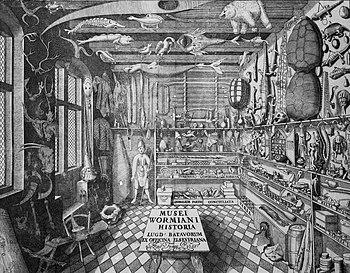amateur
amateur有偏中性和偏贬义两个意思: nonprofessional和incompetent, unskilled,同义词分别有:layman, laywoman, layperson, outsider和inexpert, inept, unfitted
The actors were all dreadful in that production. It was a total amateur hour [A result, activity, task, or situation characterized by unprofessional, talentless, or careless performance(s)].
不过amateur的词源是法语的love,热情可嘉。看完百科发现成果可敬。
An amateur is generally considered a person who pursues a particular activity or field of study independently from their source of income. Amateurs and their pursuits are also described as popular, informal, self-taught, user-generated, DIY [Do It Yourself], and hobbyist.
It may have its roots in the ancient Greek philosophy of amateur athletes competing in the Olympics. The ancient Greek citizens spent most of their time in other pursuits, but competed according to their natural talents and abilities.
The "gentleman amateur" was a phenomenon among the gentry [绅士] of Great Britain from the 17th century until the 20th century. With the start of the Age of Reason [理性时代], with people thinking more about how the world works around them, (see [见] Science in the Age of Enlightenment [启蒙时代]), things like the Cabinet of Curiosities [collections of notable objects], and the writing of the book The Christian [基督徒] Virtuoso [技艺], started to shape the idea of the gentleman amateur. He was vastly interested in a particular topic, and studied, observed, and collected things and information on his topic of choice. The Royal Society [皇家学会] in Great Britain was generally composed of these "gentleman amateurs", and is one the reasons science today exists the way it does. A few examples of these gentleman amateurs are Francis Bacon [弗朗西斯·培根] and Isaac Newton.
公元前1046年的周王朝,周王官学要求学生掌握六种基本才能:礼、乐、射、御、书、数。

The only Olympic events that still require participants to be amateurs are boxing, wrestling and figure skating but amateurism in these cases is defined in terms of rules, mainly participation in "professional events", rather than whether the athlete receives any money for his sport.
Many amateurs make valuable contributions in the field of computer programming through the open source movement. Astronomy, chemistry, history, linguistics, and the natural sciences are among the fields that have benefited from the activities of amateurs. Charles Darwin and Gregor Mendel were amateur scientists who never held a position in their field of study. Leonardo da Vinci was considered an amateur artist and autodidact in his field of study. Radio astronomy was founded by Grote Reber, an amateur radio operator. Radio itself was greatly advanced by Guglielmo Marconi, a young Italian gentleman who started out by tinkering with a coherer and a spark coil as an amateur electrician. Pierre de Fermat was a highly influential mathematician whose primary vocation was law.
In the 2000s and 2010s, the distinction between amateur and professional has become increasingly blurred, especially in areas such as computer programming, music and astronomy. The term amateur professionalism, or pro-am, is used to describe these activities.
六级/考研单词: amateur, layman, dread, situate, talent, pursuit, athlete, olympic, accord, enlighten, cabinet, notable, compose, boxing, wrestle, skate, compute, astronomy, linguistic, spark, coil, mathematics, vocation, blur

